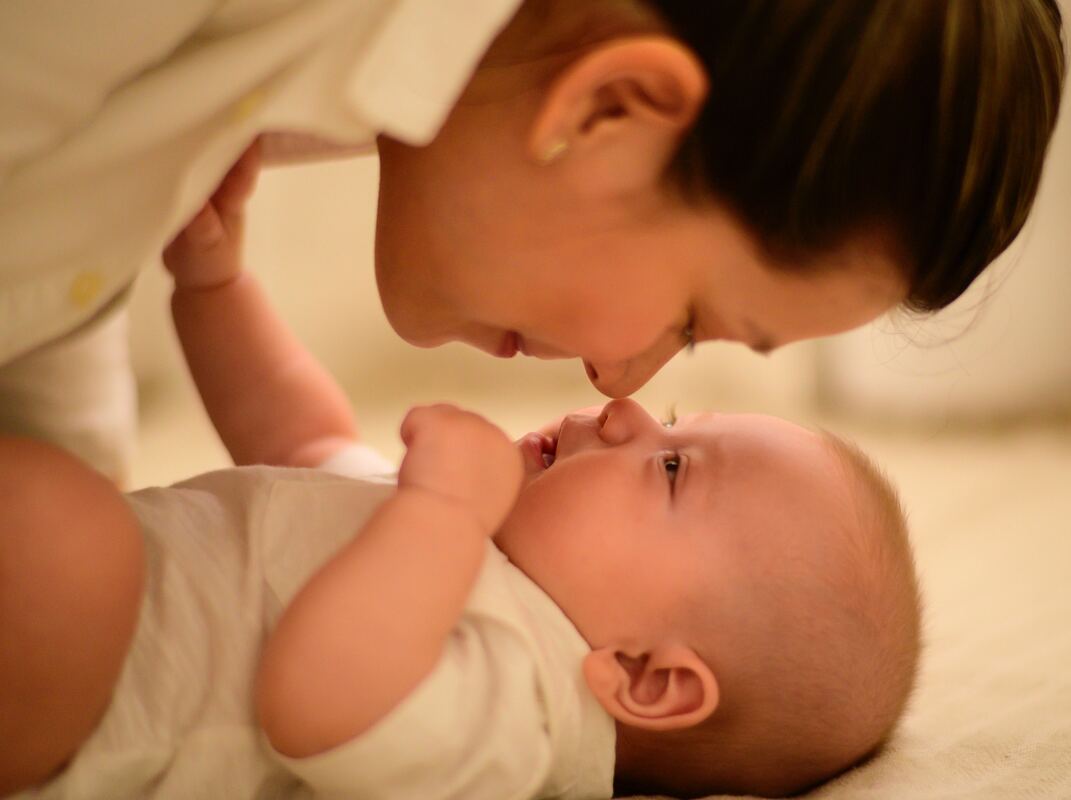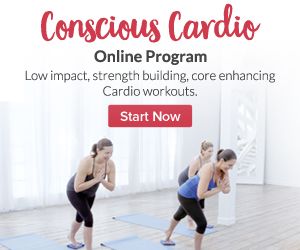|
This August I enrolled in a year long study of pre and perinatal psychology: The Prenatal and Perinatal Education (PPNE) Certificate program. There are 11 Modules in this program and after each module I have the opportunity to assimilate my learning with an essay, slide presentation, case study, movement or art project.
As I move through the course work you will see more and more blogs on this topic! "How we enter the world plays a crucial role in how we live in it." -Thomas Verny, MD and author |
What is Pre and Perinatal Psychology?
The Reader's Digest version of this definition: Our health throughout our lifespan is shaped in the womb and within the first few years. Our nervous system, our beliefs & behaviors are primed and imprinted by our environment: our birth mother and our primary caregivers.
|
|
|
Why is the perinatal period important to human development?
- Bonding/Attachment. The bond between parent/caregiver and child has been studied since the 1950-60's. John Bowlby studied the impact of the caregiver's behavior on human development. Bowlby's research supported the importance of consistent, loving, sensitive responsiveness of the primary caregiver to develop a secure bond or attachment that will form the foundation for how the child will relate to others in all relationships throughout its lifetime. In this blog post on understanding the nervous system, I share a video demonstration of one of Bowlby's renown experiments: "The Still Face Experiment."
- Epigenetics. The work of Bruce Lipton, PhD really brought forward the research to confirm that its not just the DNA in the genes that create the human, the environment has great influence HOW genes express. The environment that affects the developing fetus includes thoughts, feelings and stresses of the mother, as well as chemicals/toxins in the environment from nutrition and pollution. The take home message here, is that, how parents and caregivers interact with the baby before conception, and in the womb, can influence development of babe, and even future generations. Supporting families in the first few years of baby's life is vital for lifelong health.
- ACES study. The Adverse Childhood Experience Study demonstrates the impact between unresolved early trauma and the onset of adult chronic illness, both mental and physical. The ACE study measured impacts of 10 types of traumas: racism, bullying, watching a sibling being abused, losing a caregiver (grandmother, mother, grandfather, etc.), homelessness, surviving and recovering from a severe accident, witnessing a father being abused by a mother, witnessing a grandmother abusing a father, involvement with the foster care system, involvement with the juvenile justice system, etc. "Adults need to understand their history and acknowledge how it affects them in the present. Early difficulty does not need to be re-experienced to be healed. However, the person who has such a history needs to make sense of what happened and feel settled around it. Dysfunctional compensation patterns are part of the survival pattern for adults who had to respond in these ways when the early trauma was occurring. These compensation patterns, which have outlived their usefulness for the most part, are brought to light without shame and then transformed with compassion and the presence of an attuned therapist trained in early trauma resolution" (2).
- Economics. In the United States we are seeing an "alarming rise in prematurity, low-birth weights, surgical births, autism, ADHD, childhood aggression and depression, asthma, overweight and obese children, attachment disorders, learning disabilities, and the use of psychiatric drugs to manage children's conditions, as well as a rise in the number of children in foster care, adolescent homicide, child abuse and teen pregnancy" (3). The research supports that investing in human potential from zero to 3 years of age can build and nurture families, communities and the future of our economic stability (3).
What is possible?
- conscious/loving conception
- communicate and connect with babe in the womb: talk, sing or play music. Let babe know that if having an intense emotion such as anger, fear or stress, that it is not about them, it is about the incident that has occurred
- understand or tune into their own emotions/traumas/stress that may impact their wellbeing and nervous system (baby is regulating off of your nervous system)
- seek good prenatal care and choose minimal intervention during birth, skin to skin contact, breastfeed
1. Ann Diamond Weinstein, Prenatal Development and Parents' Lived Experiences (W.W. Norton & Company, 2016), p 5.
2. Kate White, MA, LMT, & Myrna Martin, MN, RCC, RCST, "Pre and Perinatal Experiences For Health & Healing," Pathways to Family Wellness Issue 36.
3. Wendy Anne McCarty, PhD, RN, DCEP & Marti Glenn, PhD, "Investing in Human Potential From the Beginning of Life: Key to Maximizing Human Capital," Journal of Prenatal and Perinatal Psychology and Health 23 (2), Winter 2008.












 RSS Feed
RSS Feed